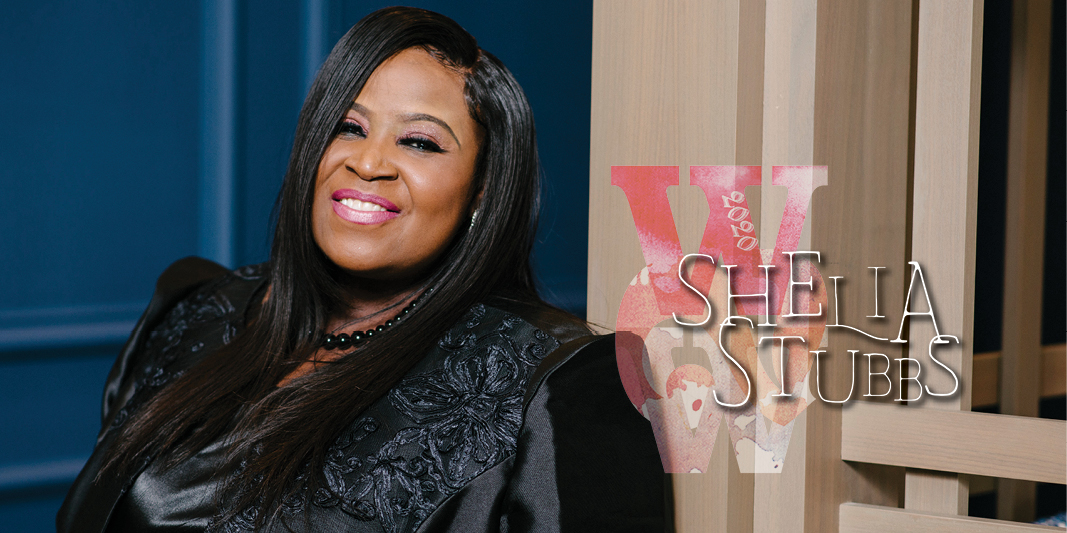By Emily McCluhan | Photographed by Hillary Schave on location at Hilton Madison Monona Terrace
The passion and excitement that pours from Rep. Shelia Stubbs, D-Madison, as she tells her story of activism and her pursuit of racial equity, is contagious. She makes you want to lean forward, to hear more, to join in her mission.
This has always been Stubbs’ goal: to create pathways for more people to join her at the table and represent those who aren’t always heard. As a pastor, community activist, 14 years as a Dane County Board District 23 Supervisor and in her newest role as the first African American state legislator representing Dane County (“breaking 170 years of history,” she notes), she’s established a reputation as a game changer.
“I’ve learned that I might be the only black person in the room, but that doesn’t mean I’m the weakest person,” Stubbs says. “The lack of representation of folks of color is a motivator to invest in our youth and create pathways for all people to hold leadership positions…I just know I need to change the room.”
As a Board District Supervisor, a role she still holds (and she’s currently running for another term), her most meaningful impact came through her work to create the Dane County Community Restorative Courts, a program that works with low-level offenders to create an agreement to acknowledge the impact of their offenses, meet with victims and work through a process of restorative justice.
“Dane County has the highest rate of incarceration for people of color in the state,” Stubbs says. “I wanted to find a way to meet people where they are, to address the root cause and ultimately keep them out of the criminal justice system.”
Sharon Corrigan, Dane County Board Chair and Board District 26 Supervisor, worked with Stubbs on this project and says 90% of the individuals who go through the program have not re-offended. She attributes this success to Stubbs’ leadership.
“Shelia is unique in her tenacity. She’s smart about looking for opportunities to move an idea forward, figuring out how to get people on board, and how to draw people in. She has a magnetism about her,” says Corrigan.
Stubbs is about one year into her role as a legislator and she is determined to push legislation in what she calls her “framework of equity.” She speaks proudly of introducing her first bill last October with Lieutenant Governor Mandela Barnes to decriminalize marijuana.
The bill decriminalizes small amounts of marijuana (less than 28 grams), prohibits law enforcement from establishing probable cause due to the odor of marijuana, and would facilitate expungement or dismissal of prior possession convictions.
“We need to evaluate what we define as punitive,” Stubbs says. “The high rate of incarcerations of African Americans is tied to these minor offenses, and it creates racial disparities across so many levels of our society.”
Her hope is this bill will address the “daunting” racial disparities that exist in Wisconsin, and help close the equality gap across Wisconsin.
In that vein, Stubbs also introduced an assembly bill that created the Governor’s Advisory Council on Equity and Inclusion—which Governor Tony Evers signed as an executive order this past November. The council will advise the governor’s staff on ways to improve equity and inclusion in all sectors across the state.
Stubbs is putting in the work for a busy 2020 by diving into issues like funding for education, pushing for sensible gun safety legislation and advocating for services for those who have been historically underrepresented or marginalized. She laughs with a wave of her hand and says, “I’ve been fighting all my life, so I’m not going to sit on the sideline now that I’m here. I’m going to get in the game.”





Comments are closed.